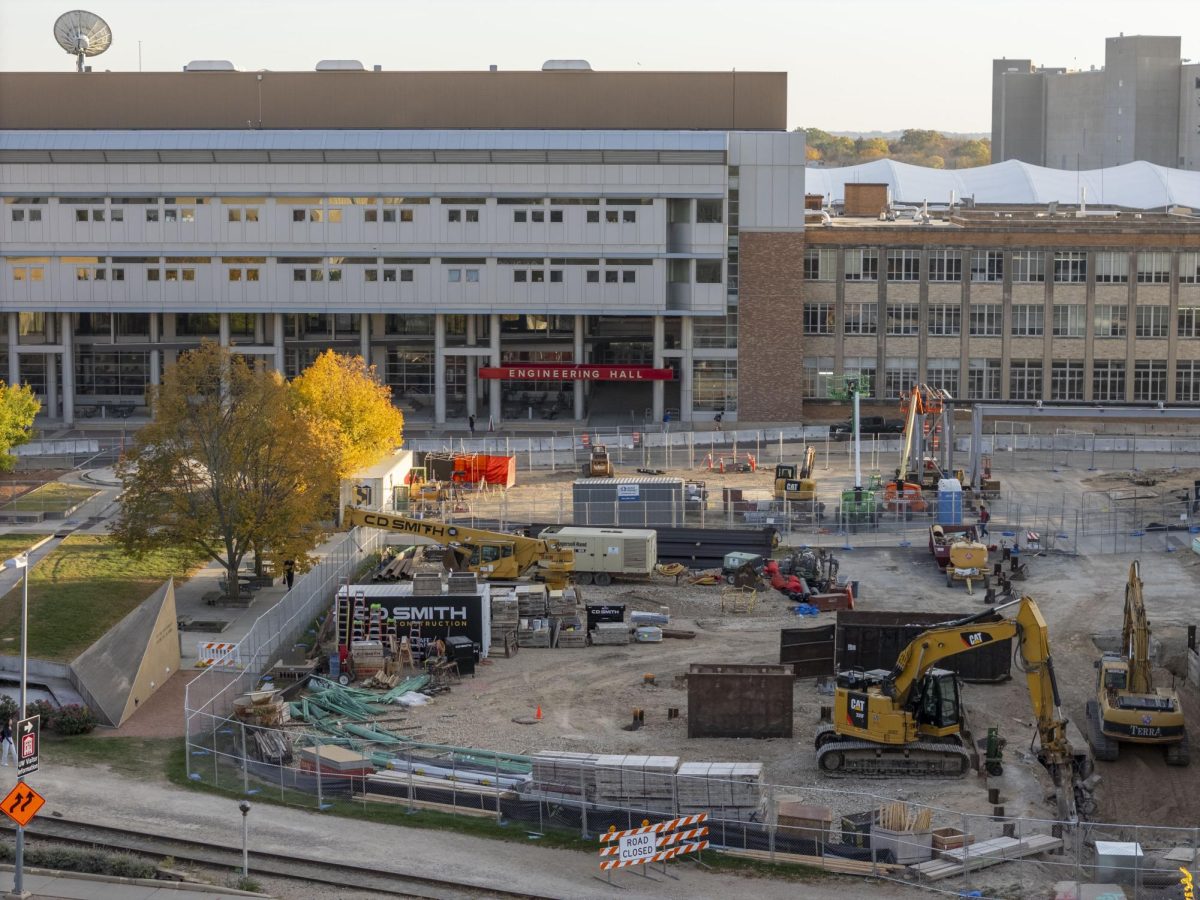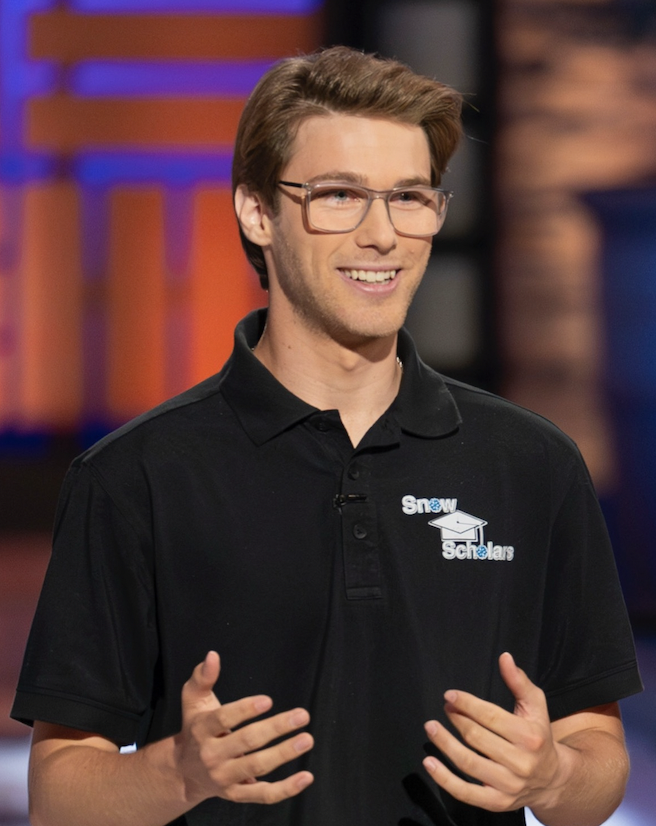With shouts of “Cut the Contract!” a group of about 25 students from the Student Labor Action Coalition held a demonstration in front of Chancellor Biddy Martin’s office Friday to protest the University of Wisconsin’s apparel contract with Nike.
The students acted out a mock-classroom skit in front of the chancellor’s office, titled “Nike 101,” where students detailed the reasons they believe the university should cut its contract with the company.
According to UW junior Jenny Wustmann, over a year ago, Nike closed two of its Honduran factories because its workers were beginning to organize.
As a result of the factory closings, 1,800 jobs were lost, and Nike owes the Honduran workers $1.2 million in severance pay and back wages, which has not yet been paid.
The money Nike owes its workers averages out to about $1,000 per worker, according to Wustmann. She added the average rural Honduran worker makes about $400 a year, so this money is worth more than two years of wages.
Wustmann said SLAC wants to put pressure on the chancellor to discontinue the university’s contract with Nike due to its abuses against workers.
A stipulation of the contract is that Nike has to abide by the labor code of conduct, which includes following the labor laws in the countries where its factories are located.
According to Honduran law, workers are owed severance pay and back wages when they lose their jobs; by not paying the money Nike is effectively violating the contract with UW, Wustmann added.
“Nike can afford to pay their workers what they deserve,” Wustmann said. “The only thing Nike understands is when they’re hit where it counts, their bank account.”
Wustmann added Nike recently signed a $70 million contract with tennis star Maria Sharapova to sponsor their clothing, which shows it has the money for workers but simply is not paying it.
“They have $70 million for dresses, but they can’t afford $2 million for workers?” Wustmann said. “Nike pulls in billions of dollars a year.”
Jonah Zinn, president of SLAC, said the group organized the demonstration because it is important for students to know what is going on with the businesses the university is involved with.
Zinn said he believes SLAC will be successful in influencing the university and cited a similar case with Russell Athletics about a year ago. Russell closed one of its factories in Honduras because workers were organizing and did not pay them any severance or back wages.
Over 100 universities cut their contracts with Russell, which caused the company to reopen the factory and pay its workers.
Zinn said he hopes the same thing will happen with Nike.
In an e-mail to The Badger Herald, Martin said she received an e-mail from Nike Jan. 15, which said it is investigating the feasibility of establishing a worker relief fund and of seeking commitments from its primary contractors to offer first-employment opportunities to affected workers.
Martin said she responded by saying she was disappointed that Nike is not paying any severance to its workers and urged the company to use the balance of a 120-day time limit to take more meaningful steps.







